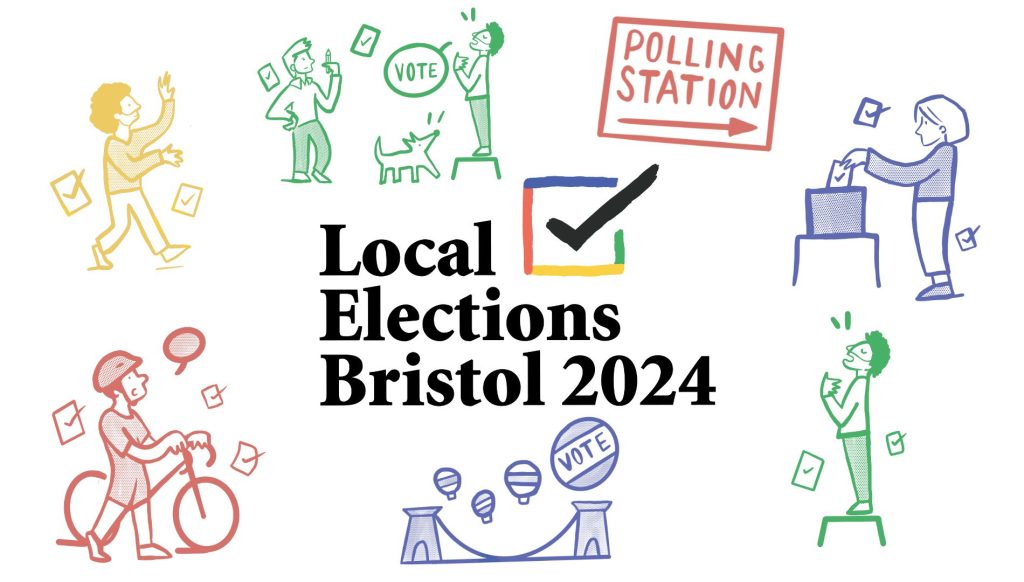Civic Engagement: The Power of State and Local Elections
State and local elections play a vital role in shaping communities by giving citizens a direct voice in governance. These elections impact everyday issues like education, public safety, and infrastructure. Active participation in state and local voting allows individuals to influence decisions that affect their daily lives, fostering civic responsibility and strengthening democratic processes at the grassroots level.

The Impact of State and Local Elections
While often overshadowed by federal elections, state and local elections wield immense influence over citizens’ everyday lives. These elections directly shape policies affecting communities by determining leadership in education, infrastructure, and public safety. For instance, local education boards decide the school curriculum, affecting the quality and direction of children’s education. Public safety is another realm where local elections sway, as elected officials determine the allocation of funds, training, and resources for police and fire departments.
Understanding the local election candidate information is crucial for those who wish to make informed choices and influence these vital aspects of governance. Furthermore, local policies can impact property taxes, affecting homeowners’ financial stability. These elections are the cornerstone of responsive governance, ensuring local voices are heard and considered in decision-making processes that touch on every aspect of community life.
Why Voter Participation Matters
Voter participation is the lifeblood of democracy, especially in state and local elections, where each vote can carry more weight due to lower turnout. Unfortunately, these elections often experience a significant voter drop-off compared to federal elections despite their profound impact on daily life. The importance of participating in these elections cannot be overstated; from deciding zoning laws that influence local development to setting business regulations, voter engagement plays a critical role.
A well-informed electorate ensures that elected officials are leaders in name and true representatives of their constituencies. Such representation requires active participation, where citizens hold elected officials accountable and ensure they enact policies reflecting community values and needs. In essence, voter participation is not just a right; it is a responsibility that maintains the integrity and functionality of local democracy.
Breaking Down the Election Process
The election process at the state and local levels involves several crucial steps, beginning with voter registration, a fundamental prerequisite for participating in elections. Registration deadlines vary by state, and understanding these timelines ensures citizens can exercise their voting rights. Once registered, voters must familiarize themselves with the ballot, which may include candidates and complex propositions or measures.
The ability to decode a ballot’s content and implications determines how effectively a voter can engage with the issues presented. Furthermore, knowing the location of polling stations and any identification requirements is vital to the voting process. This foundational knowledge empowers citizens to engage actively in maintaining the health of their democracy. To explore election processes worldwide, BBC News offers a wealth of information and insights into different electoral systems and their impact on governance.
Engaging Communities in Electoral Politics
Community engagement is a multifaceted approach beyond merely casting a vote; it encompasses active involvement in civic life, discussions, and local projects. Engaging in town halls, community forums, and civic groups allows individuals to voice their opinions and concerns. In doing so, diverse perspectives are integrated into the policy-making process, leading to more representative and inclusive governance.
This engagement is essential for enacting changes corresponding to the community’s needs and aspirations. By fostering a culture of involvement, communities can ensure that their elected officials represent their constituents’ collective will and priorities. Such participation is vital in advocating for and implementing progressive policies that drive societal change.
Real-life Examples of Civic Engagement
Across the United States, there are inspiring examples of how civic engagement in local elections has led to tangible community improvements. In cities like Austin, Texas, and Boulder, Colorado, citizen-driven initiatives have led to significant changes in municipal policies, particularly regarding environmental sustainability and public transportation. In these cases, organized community efforts have increased bike lanes, improved public transport systems, and greener urban spaces.
Similarly, some communities have succeeded in raising funds and support for local schools through school board elections, which shifted focus to more effective educational practices. These instances underscore the importance of active participation and highlight the potential impact that informed and engaged citizens can have on their immediate environments.
Staying Informed and Involved
Remaining informed is an essential responsibility of citizenship, particularly regarding local and state elections. Staying updated on political developments, upcoming elections, and community issues allows citizens to make educated choices that align with their values. Reliable news sources, such as NPR News, provide comprehensive coverage and analysis of these topics, ensuring citizens are well-equipped to participate confidently in the electoral process.
Moreover, being informed continues beyond knowledge acquisition; it includes engaging in conversations, encouraging others to vote, and participating in local governance through various civic channels. Such initiatives solidify community bonds and empower citizens to advocate for policies that reflect their communities’ shared ideals and priorities.
Conclusion: Your Role in the Democratic Process
In conclusion, each citizen is vital in strengthening democracy through active participation in state and local elections. By voting, engaging in discussions, and promoting civic activities, individuals contribute to a government that better reflects their values and aspirations. This civic responsibility ensures that democratic principles stay robust and responsive, adapting to meet the evolving needs of the people they serve.
As communities work together towards common goals, they create a more equitable and inclusive society where every voice matters. Thus, active involvement in the electoral process is crucial for personal empowerment and society’s collective advancement and well-being.
Read Also: Innovative Solutions for Effective Vegetation Management in Utilities



